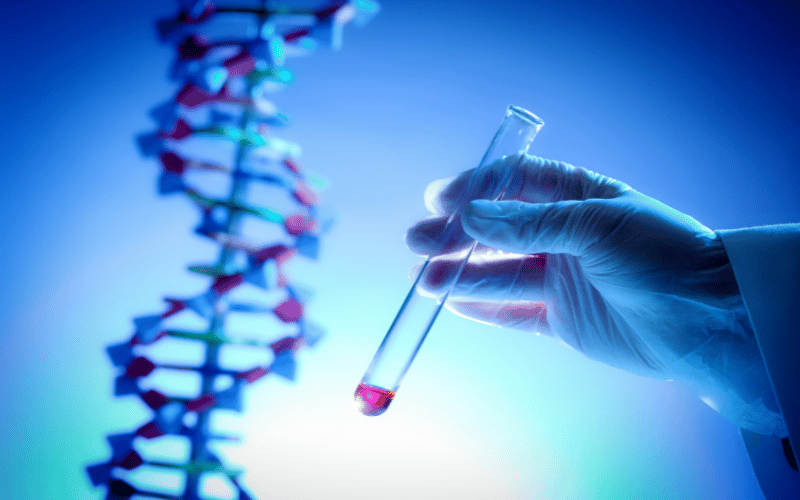Fact 11: The Role of Genetics and Family History in NHL

The blueprint of our body, our DNA, plays a more significant role in our health than many realize. When it comes to NHL, genetic factors can sometimes predispose individuals to this disease. Mutations or changes in certain genes can increase the risk, though it’s essential to note that having such mutations doesn’t guarantee an NHL diagnosis.
Studies have shown that individuals with family members diagnosed with NHL or other types of lymphoma might have a slightly elevated risk. This suggests a potential hereditary component. Yet, most NHL cases occur without any clear family history, highlighting the multifactorial nature of the disease.
For those with a pronounced family history, genetic counseling can be an invaluable resource. By analyzing family health patterns and possibly undergoing genetic testing, individuals can better understand their risk profile and take proactive health steps.
While genetics can be a contributing factor, environmental exposures, immune system health, and other conditions can act as co-factors. It’s a complex interplay between genes and environment, one that researchers are still diligently untangling. (11)